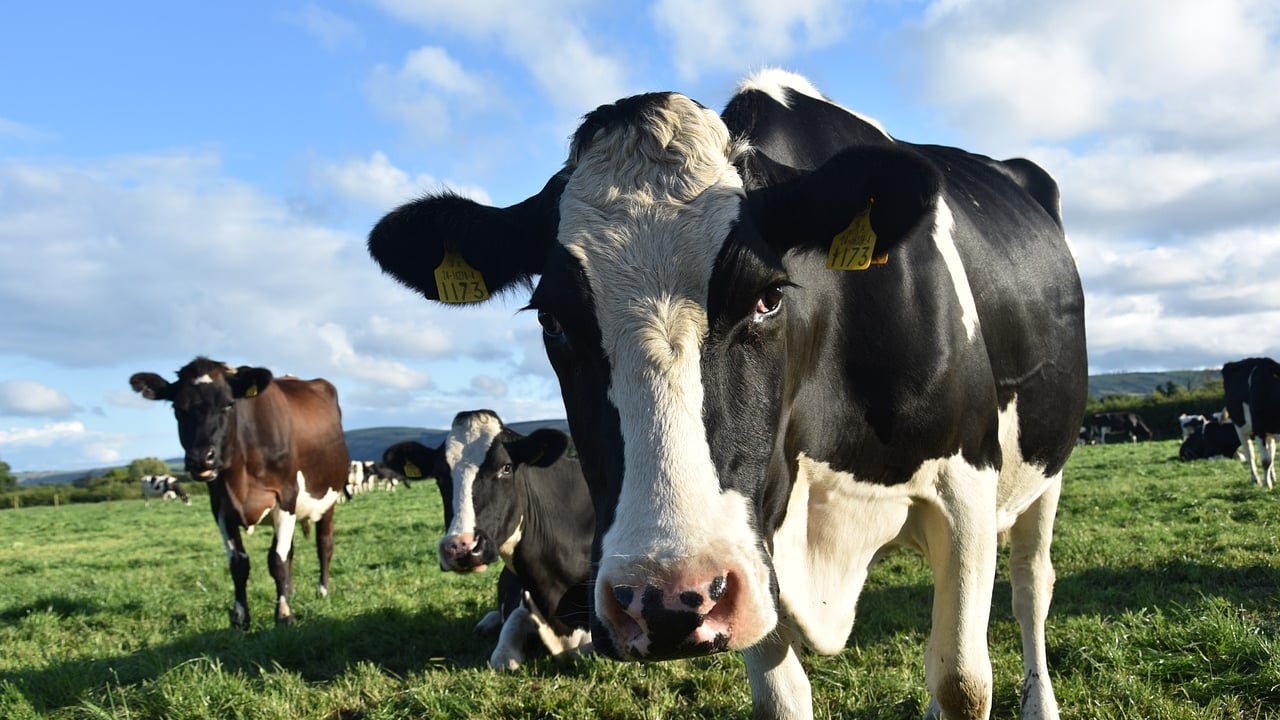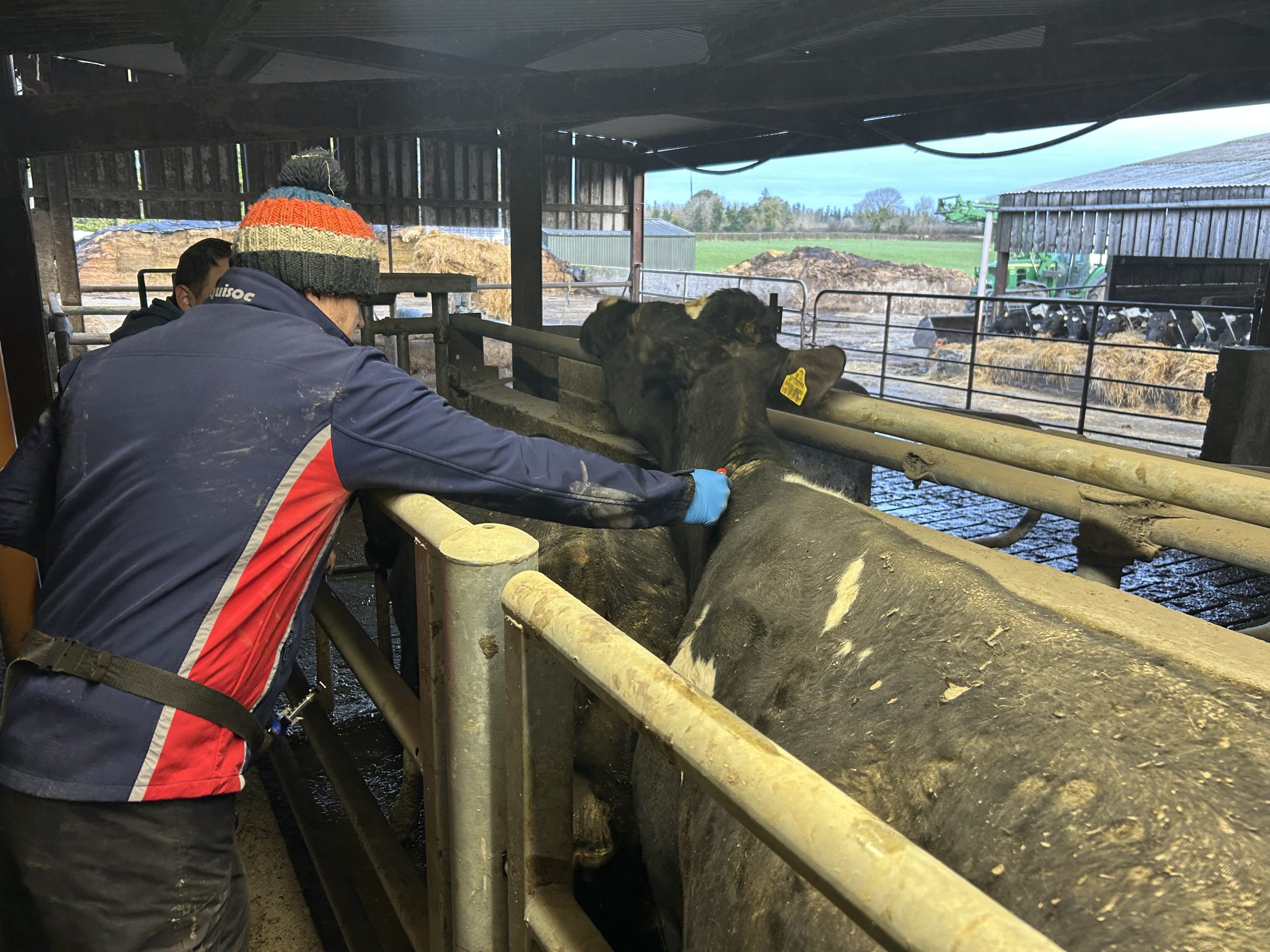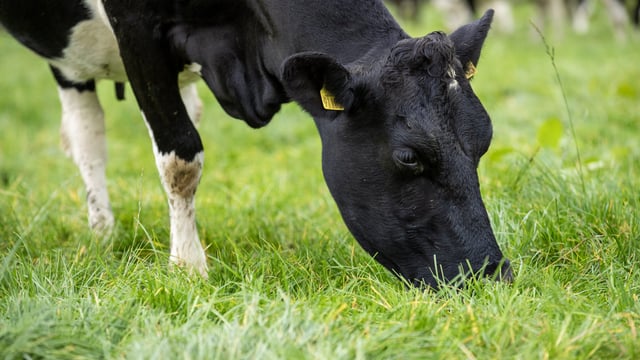EU Commission to audit Ireland's TB eradication programme
The European Commission is planning to audit Ireland's bovine tuberculosis (TB) eradication programme this year.
Agriland understands that the audit, being overseen by the Directorate-General for Health and Food Safety (DG SANTE), will include remote meetings and on-site visits in Ireland.
The schedule and itinerary for the audit have not been finalised, but it is anticipated that there will be engagement between the commission officials and members of the TB Forum.
The audit forms part of a wider series of controls being undertaken across EU member states.
The purpose of these controls is to monitor the application of EU requirements concerning surveillance and eradication of certain animal diseases of particular zoonotic or economic importance.
Following the completion of the audit, a final report will be published on the DG SANTE website, however there is no timeframe for its publication.
It is expected that the EU Commission would also follow-up any recommendations made in the report, in accordance with its standard procedures.
The most recent commission audit on Ireland's bovine TB eradication programme took place back in May, 2014.
The main objective of that audit was to evaluate the implementation of, and progress made by the programmes co-financed by the EU to eradicate bovine TB.
Overall, the report concluded that the programme was "implemented and run as approved by the commission and in compliance with the specific technical requirements of union legislation".
"While the programme has made clear progress during the past five years, it is still uncertain whether the currently applied measures are sufficient to reach the herd prevalence level required for a bovine tuberculosis free status," the report stated.
The audit team did not consider it necessary to issue recommendations to the authorities in Ireland.
In its response to the commission in March 2015, DAFM said "the current programme provides a coordinated and robust framework by which eradication of bovine tuberculosis from the country will be achieved, particularly when the badger culling strategy is supplemented, as planned, by a widespread badger vaccination programme".
At that time, the department noted that research was on-going into the development of an effective badger vaccination programme.
"This is not to say however that further modifications or amendments will not be required.
"As evidenced by our approach over past years, we introduce variations and modifications as we implement the programme to enhance, optimise and balance the measures to gain greatest response towards the goal of eradication," DAFM added.
The latest EU Commission audit comes at a time when farm organisations have stated that the TB eradication programme is not working in its current format and must be revised.
Last year, Brendan Gleeson, general secretary at DAFM, said that the policy on bovine TB "needs a reset" and that an "honest conversation" is needed around how to "halt the march of the disease".
Since reaching a historical low in 2016, when herd incidence fell to 3.27%, bovine TB levels have increased each year.
Between February 11, 2024 and February 9, 2025, the number of TB reactors stood at 41,318. By comparison, in the period from February 12, 2023 to February 11, 2024, there were 29,194 reactors.
The herd incidence rate stood at 6.03% on February 9, up from 4.92% almost a year previously.
It is understood that the number of herds restricted in the period from February 11, 2024 to February 9, 2025 was 6,143.
There were 5,082 herds “locked up” with TB from February 12, 2023 to February 11, 2024.
The total exchequer spending on the bovine TB eradication programme soared to just over €100 million in 2024.
This represents a 35% jump in the corresponding figures to the end of Q4 2023, when total expenditure on TB reached €74.2 million.
The department has recently been discussing a number of proposed measures with members of the TB Forum in a bid to curb the spread of bovine TB, but nothing has yet been agreed.
It is understood those measures could include possible movement restrictions being applied to herds with over 60 cows where a certain number of animals fail the skin test.
Testing, wildlife measures, biosecurity, contract rearing and controlled finishing units have also been discussed at the forum.
The department has also asked farm representatives on the TB Forum to draw up their suggestions on how to tackle the increasing incidence of the disease.
The forum is due to hold its next meeting later this month.






